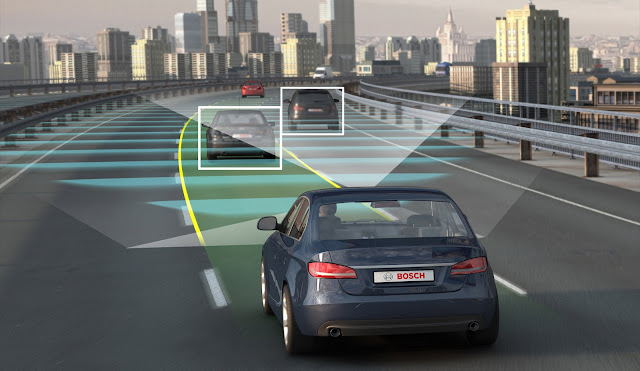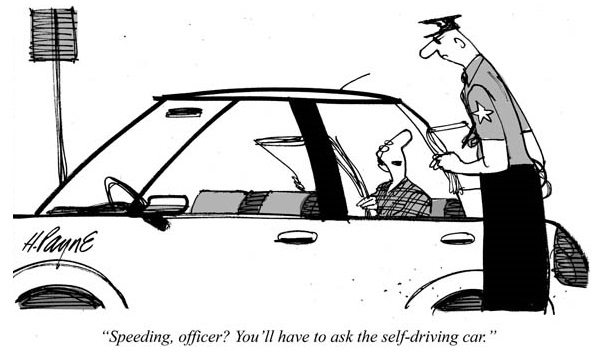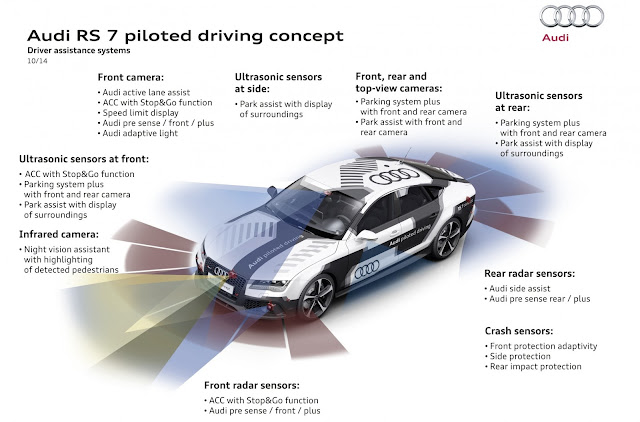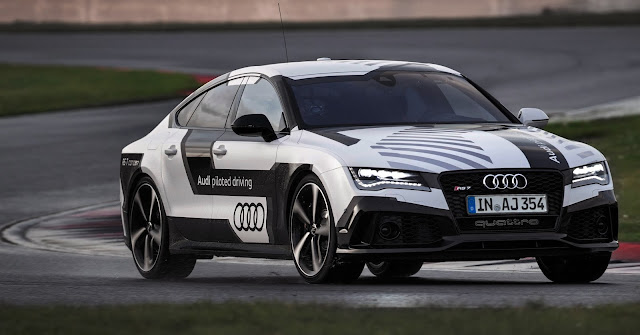We have all seen the sci-fi films that include smart technology, self-driving cars, and even hover-cars but how close are we to bringing that technology into the hands of consumers? Well, in the case of smart cars and driverless car technology, some might say that we are already there. Many of the big brands in the automotive industry are working together with tech companies to create fully autonomous cars for the masses, but there are still a few hurdles to overcome.
What is an Autonomous Car?
First things first, let’s understand a bit about the idea of autonomous cars and how they work. The idea of having cars drive themselves is not a new one, for decades the thought of simply getting into your car and telling it where to go has been used for ideas in books, films and on the television.
A truly autonomous car is a vehicle that not only will pick you up from a specific location but will able to take you to your destination without knowing the route, traffic conditions or if there is even a road to take you there.
The idea is that an autonomous car will be able to gather this information “live” as it travels along the route, much like how people drive cars. Avoiding traffic and accidents is just a part of the car learning how to deal with situations.
Many tech companies such as Google have been working with car companies to produce the computer that will make these decisions. Google has access to patented technology in this field, as well as using its own GPS-based Google maps system to accurately and intelligently create a driving route that can take into account traffic, accidents and other hazards.
Although we are not at the stage where we can drive cars that learn as they go, the big tech companies are getting closer every day.
Real World Applications Right Now
Many different companies such as Volvo and Mercedes as well as many others whose cars can adjust their braking according to hazards that may be in front of them, as well as correcting steering that can bring a car back into a lane, via the use of a limited radar, infra-red and laser systems incorporated into the vehicles computer and navigation system.
Ford is one of the biggest brands to introduce self-parking technology into the mainstream, whereby a vehicle is driven past a parking spot whilst the self-parking button is pressed, the car via the use of a number of cameras and sensors accurately measures the parking space and then beeps to tell the driver when it is ready.
After this, and as if by magic, the car starts to perform all of the necessary brakings, steering and reversing and acceleration commands it needs to place the car safely into the parking spot. Many more manufacturers are jumping onto this impressive technology, and it is only a matter of time before this type of computer-aided driving assistance is implemented across all cars made.
The Future Is Bright for Driver-less Cars
Driverless car technology is still in its infancy, but with many more countries such as some states of the United States, the United Kingdom, as well as Australia, the governments have given the go-ahead to start to test driverless vehicles on the streets.
The sooner these cars are tested in the real world, the sooner we will see their introduction. When all of the bugs are ironed out, we will see autonomous vehicles making deliveries, automated driving on the highways as well as having a much safer and possibly cheaper driving experience as personal driving insurance prices may collapse and entire industries need to rethink their business models, making for a bright, but somewhat confusing future of autonomous vehicles on our streets.












No comments:
Post a Comment